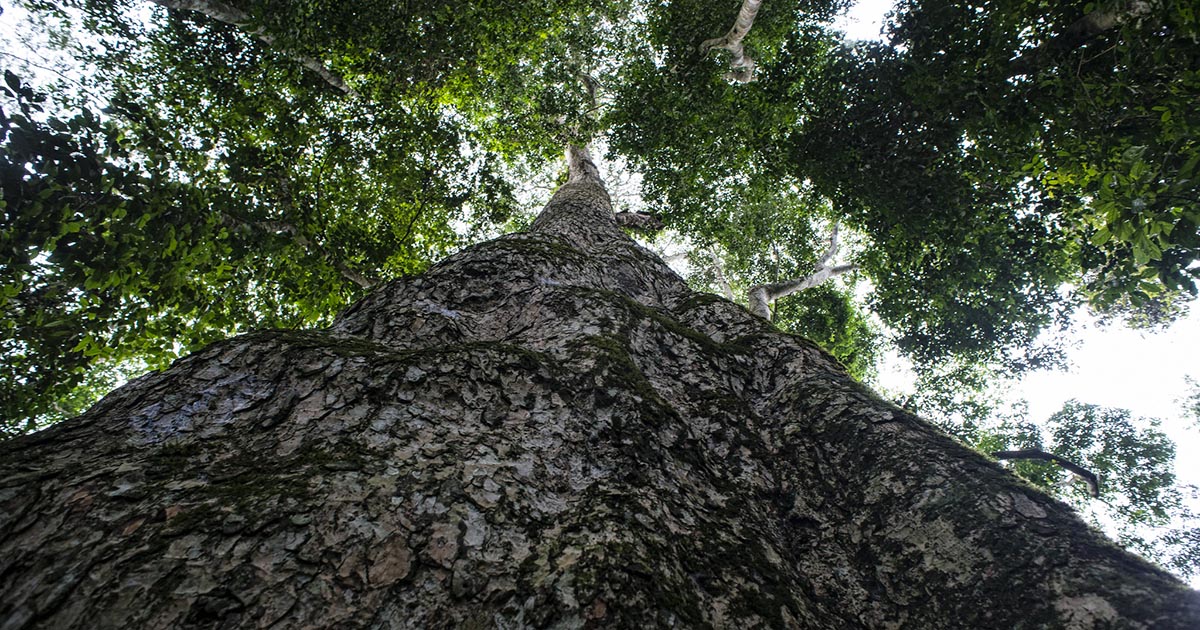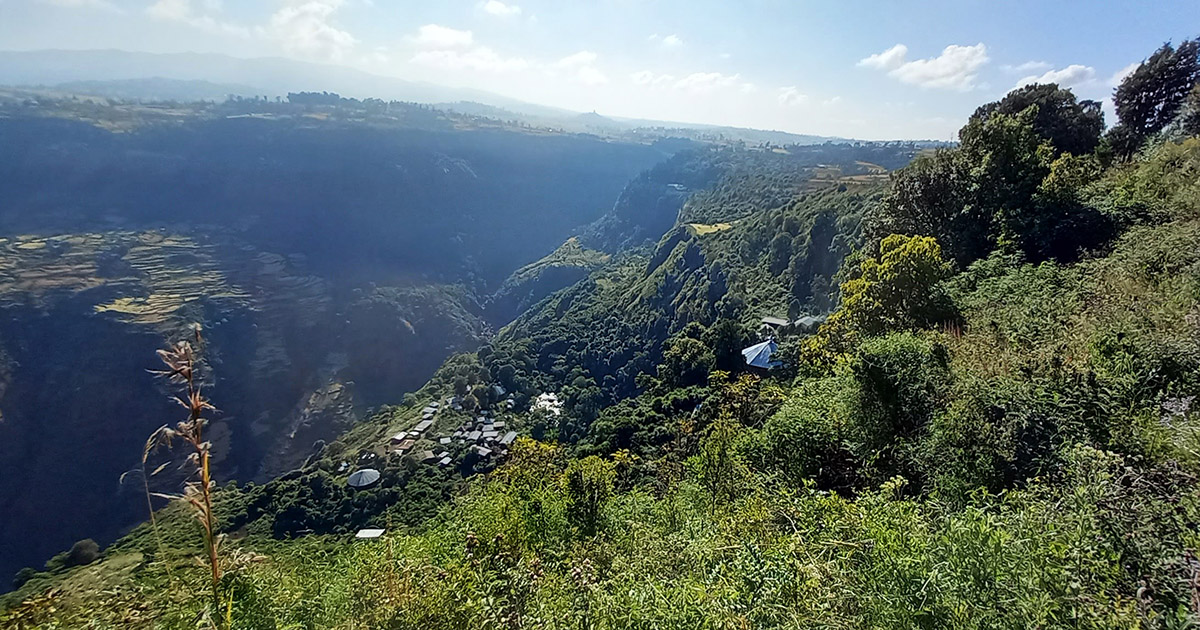This insights brief begins by outlining the global challenges of land degradation and the corresponding international commitments. It highlights the central role of nature-based solutions (NbS), particularly FLR, as a pivotal strategy for combating land degradation and mitigating climate change. It then outlines Kenya’s FLR priorities, describes the monitoring of FOLAREP outcomes at national and county levels, and underscores the importance of robust land-health indicators. It highlights the use of the Centre for International Forestry Research and World Agroforestry’s (CIFOR-ICRAF’s) Land Degradation Surveillance Framework (LDSF) for the systematic landscape-level assessment of soil and ecosystem health and its integration with the Regreening App, emphasising the importance of citizen science for effective NbS monitoring. Initial LDSF results for Makueni and Taita Taveta sites are presented and the co-created UK PACT NbS Dashboard is introduced, illustrating how clear, accessible evidence can enhance transparency, support adaptive management, and strengthen policy coherence and decision-making. The brief concludes with key insights for effective NbS monitoring drawn from the UK PACT experience.
Publisher
CIFOR-ICRAF: Bogor, Indonesia and Nairobi, Kenya
Publication year
2025
Authors
Winoweicki, L.A.; Trautman, S.; Magaju, C.; Chacha, R.; Bartongo, I.; Vågen, T-G.
Language
English
Keywords
land degradation, natural resources management, climate change mitigation, restoration, monitoring, assessment, soil management, ecosystems
Geographic
Kenya














